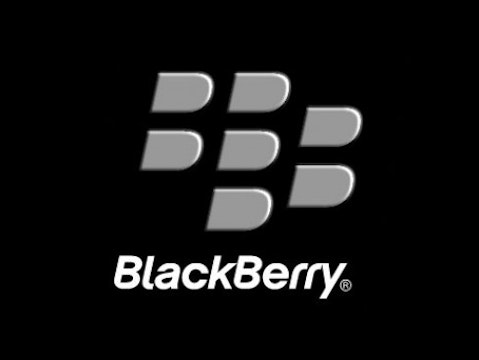The launch of new handsets like Z10 and Q10 based on the new Blackberry 10 operating system led most of us to believe in the turnaround story of the Smartphone giant Research In Motion Ltd (NASDAQ:BBRY). Company patrons marketed its revival across the globe on the basis of these new revolutionary products that would compete directly with giants like Apple Inc. (NASDAQ:AAPL), Google Inc (NASDAQ:GOOG), Samsung and Microsoft Corporation (NASDAQ:MSFT). However, the company’s latest quarterly results indicate that they might have jumped the gun in declaring a solid turnaround for the company.
Results do not indicate a turnaround
Research In Motion Ltd (NASDAQ:BBRY)’s revenue was $3.1 billion for the first quarter of the 2014 fiscal year, approximately 9% more than same quarter last year. Service revenue declined 9% on a year-over-year basis and GAAP net loss was reported at $67 million after excluding one-time costs, as compared to earnings of $94 million in the fourth quarter of fiscal 2013. Research In Motion Ltd (NASDAQ:BBRY)’s share price slumped around 28% after the earnings call, as investors did not find any sign of it beginning a turnaround and were instead greeted with poor performance of its flagship products.
Stop the decline in subscriber number!
The major cause of worry is a decline of 4 million subscribers in the quarter as compared to the previous quarter. The company has failed to attract subscribers with its Z10 and Q10 devices, of which the Z10 handset was in the market for the entire quarter. A decline in subscriber base endangers service revenue as the subscriber embodies an asset that generates constant revenue during its lifetime. As mentioned above, service revenue had already taken a big hit in the quarter, and this was a segment that has been the company’s savior during tough times. This loss is a big concern because fundamentally, service revenue almost wholly contributes to gross margins as the subscriber cost is incurred a single time.
Hardware revenue good but not great
While services revenue was a big miss this quarter, hardware displayed a relatively better performance. Revenue for this segment was up by 33% when compared to the fourth quarter of fiscal 2013. Research In Motion Ltd (NASDAQ:BBRY)’s market share has been constantly eroded by Apple Inc. (NASDAQ:AAPL)’s iPhones, Samsung’s Galaxy phones and Nokia Corporation (ADR) (NYSE:NOK)’s Lumia smartphones over a last few years. The company has failed miserably to revive the sale numbers for most of its famous widely-selling handsets because of a lack of apps, relatively higher prices and lower diversity in devices.
A few months back, Research In Motion Ltd (NASDAQ:BBRY) entered the smartphone market with its proprietary mobile OS Blackberry 10 on its new handsets, Z10 and Q10. However, the shipment number for the first quarter confirmed what investors feared the most: a dismal performance. The company shipped 6.8 million smartphones in the quarter, of which 2.7 million were BB10 devices, falling short of the market’s expectation of more than 3 million devices. While Apple Inc. (NASDAQ:AAPL) shipped around 37 million iPhones in the quarter, it is not a data point that really bothers me because it is not a fair comparison as you must keep in mind that BB10 devices have only been around for five months.
Versus Nokia
Both Nokia Corporation (ADR) (NYSE:NOK) and Blackberry are new entrants into the smartphone market and their overall shipments are neck-to-neck at this point in time. The cause to worry, however, is that Nokia has released more than 20 handsets in the market under its Lumia and Asha brands whereas Research In Motion Ltd (NASDAQ:BBRY) is still floating in the market with a couple of products.
Nokia Corporation (ADR) (NYSE:NOK) is transitioning faster from Symbian to Windows Phone 8 as compared to Blackberry. Unless the company decides to act quickly, it will only be a matter of time before Nokia overtakes Blackberry in this race. Nokia’s Asha phones have been a hit in the emerging markets like Pakistan, Thailand and India because of their low price and the availability of all of the necessary features. In order to establish a foothold in the emerging markets, Blackberry has launched Q5, a less expensive keyboard device.






